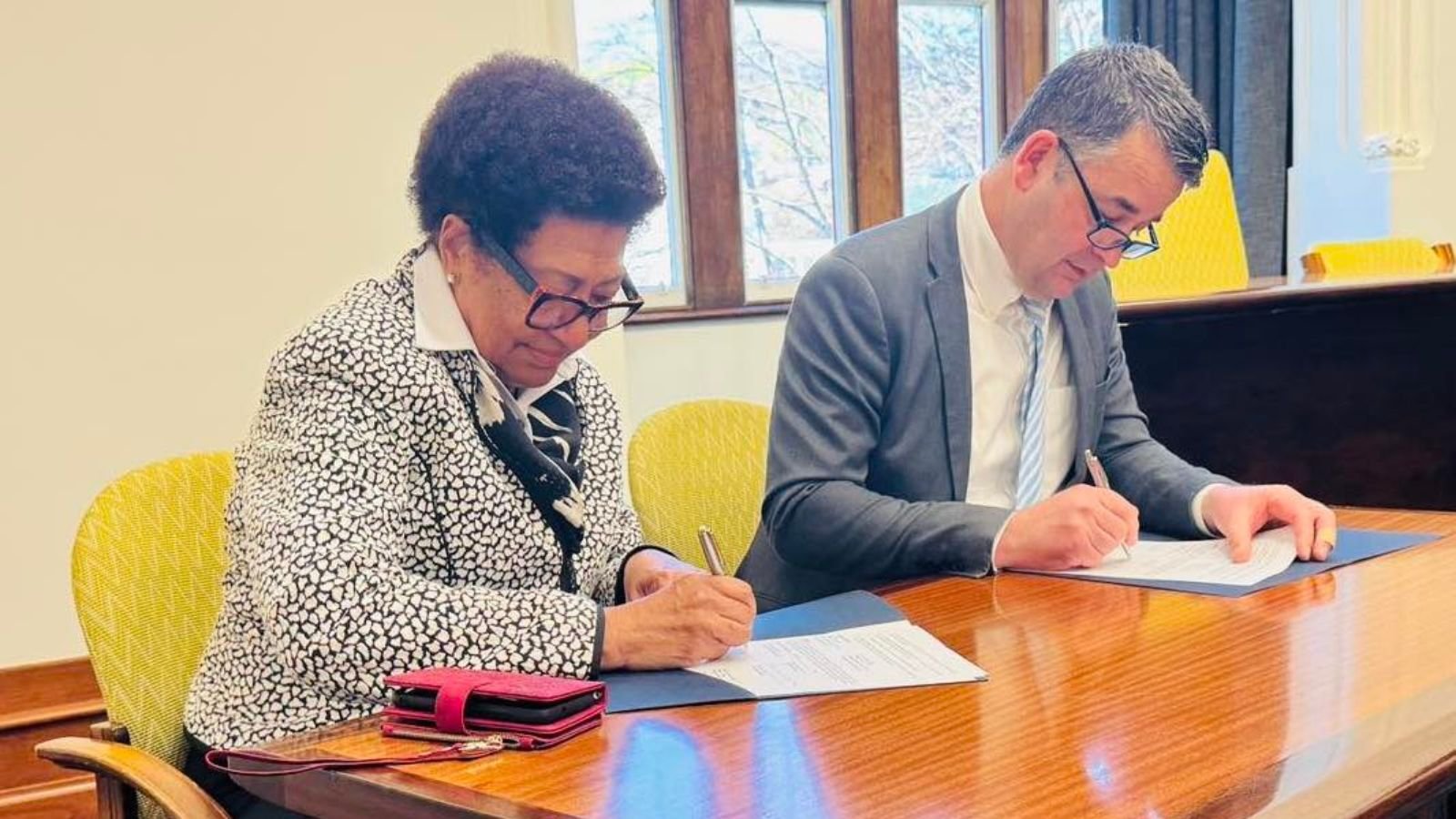The first ever research that looks at whether there is a relationship between gaming and gambling among Pasifika youth in Aotearoa has been released.
The research titled, Pasifika Youth: Online Gaming and Gambling Research – “Are online video games a gateway to problem gambling amongst Pasifika youth?” was commissioned by the Ministry of Health and conducted by Mapu Maia Pasifika Service and Moana Research.
Lead researcher for Moana Research Dr. Seini Taufa says the two providers developed a proposal to test whether there was a relationship between gaming and gambling amongst Pasifika youth. Dr. Taufa says it was a collaborative effort to create research that has never been done before.
They travelled across the country to conduct focus groups with Pasifika youth as well as conduct an online survey with more than 800 participants.
“So one of the things we drew out of it was just the need to raise awareness because we also found in the online survey during Covid-19 during the lockdowns, young people were spending more time gaming.”
Dr. Taufa adds, “when we had our talanoa with Pasifika youth, one of the questions we asked was when does gaming become a problem, and all of the things that they noted actually mirrored what problem gambling looks like.”
She says the participants were talking about things that have already been identified in people who have problem gambling behaviour.
Key Findings Include:
Gaming Behaviour of 16–30-year-olds:
- Two-thirds of Pasifika survey respondents (65%) spent 2-5 hours in one session compared to 74% of non-Māori, non-Pasifika respondents.
- Approximately 44% game every day regardless of ethnicity.
- Pasifika males, on average, played online games significantly longer per week than females. Approximately 30% of males played 15+ hours per week compared to 15% of females.
Spending Behaviour of 16-30-year-olds:
- Approximately 66% of Pasifika survey respondents were familiar with ‘loot box’ purchases compared with 81% of non-Māori, non-Pasifika respondents.
- Of those who knew what loot boxes were, roughly a quarter (27%) of Pasifika respondents purchased them compared to 22% of non-Māori, non-Pasifika.
- Of those who spent on a loot box, Pasifika survey respondents spent more on loot boxes than non-Māori, non-Pasifika with approximately 22% of Pasifika spending more than $20 per month on loot boxes compared to 10% of non-Māori, non-Pasifika respondents.
- A higher proportion (30%) of older gamers (21+ years) spent more money on loot boxes than those aged <20 years (10%).
Identified links between gaming and gambling:
- All Pasifika youth were able to identify the adverse effects of gaming and gambling separately. This included irritability, isolation, and anger as harmful effects of both gaming and gambling often triggered when a person loses or is asked to pause or take a break from playing activity (in both gaming and gambling).
The research also indicates Pasifika survey respondents spent more on loot boxes than non-Māori, non-Pasifika with approximately 22% of Pasifika spending more than $20 per month on loot boxes compared to 10% of non-Māori, non-Pasifika respondents.
Roughly a quarter (27%) of Pasifika survey respondents purchased loot boxes compared to 22% of non-Māori, non-Pasifika.
Loot boxes are found in games where one has to spend money, but it is not clear what you will receive in return. It is described like treasure boxes that you see in games.
Gerhart Berking, health promotion lead for Mapu Maia, says the study also found an association between gaming and gambling with the adverse characteristics of problem gaming almost identical to that of problem gambling.
The launch of the full report will take place online on March 24.
Pasifika Youth Online Gaming and Gambling Research: “Are online video games a gateway to problem gambling among Pasifika youth?” is available here











